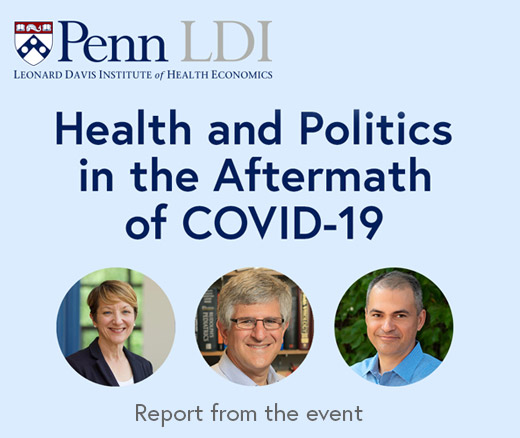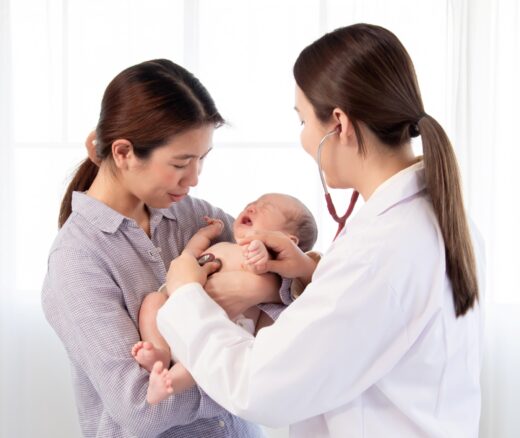
Contradictions That Confuse Federal Food Policies
Announcing Bold New Goals While Crippling the Infrastructure Needed to Achieve Them
Population Health
In Their Own Words

The following excerpt is from an op-ed that first appeared in PennLive on July 5th, 2024.
News flash from Harrisburg budget negotiations: Republicans and Democrats agree it is time to change Pennsylvania’s income tax. With the GOP pushing for an income tax cut while the Dems seek updated or new programs to help low-income workers, we believe there is a simple alternative both sides can agree on.
As researchers and health policy experts, we think Pennsylvania legislators can provide a real boost to working families’ health – without breaking the budget – by adopting an effective, bipartisan solution: a new state earned income tax credit.
Pennsylvania’s current flat income tax rate is 3.07%, which makes our state the 4th worst in the country for the tax burden of our lowest income families. Compared to the wealthiest one percent, the bottom 20% of PA taxpayers pay more than twice the share of their income in state and local taxes.
This isn’t how the Commonwealth has always operated. Fifty years ago, the General Assembly created the state’s current Tax Forgiveness Program, which reduces the state tax burden for those with the lowest earnings. But the program has not been updated in 20 years, and today, it serves too few people, with too small a benefit. Families must navigate a complex process, so the program fails to reach many families in need.
It is time to replace it with a new tax credit.
Read the entire op-ed here.




Announcing Bold New Goals While Crippling the Infrastructure Needed to Achieve Them

Promising New Evidence and What’s Next

From 1990 to 2019, Black Life Expectancy Rose Most in Major Metros and the Northeast—but Gains Stalled or Reversed in Rural Areas and the Midwest, Especially for Younger Adults

A Penn LDI Seminar Focuses on Why They’re Important for the Future

Former Philadelphia Health Commissioner Warns That Gutting the CDC, Undermining Vaccines, and Politicizing Science Will Leave the U.S. Dangerously Unprepared for the Next Pandemic

Rural Parents Had More Emergency Visits and Insurance Loss Than Urban Peers, an LDI Study Shows. Integrated Baby Visits Could Help All Parents Be Healthier